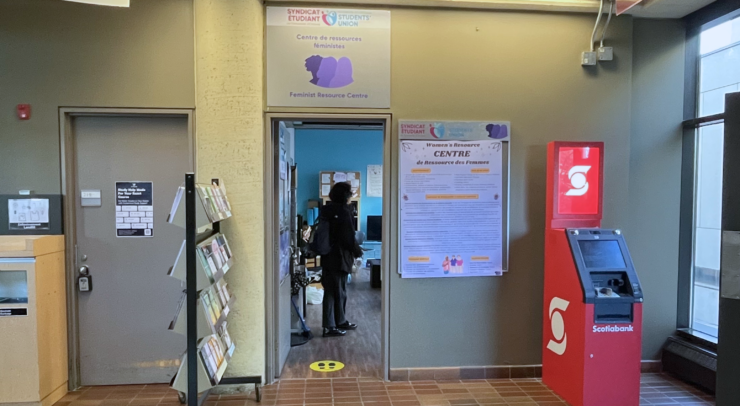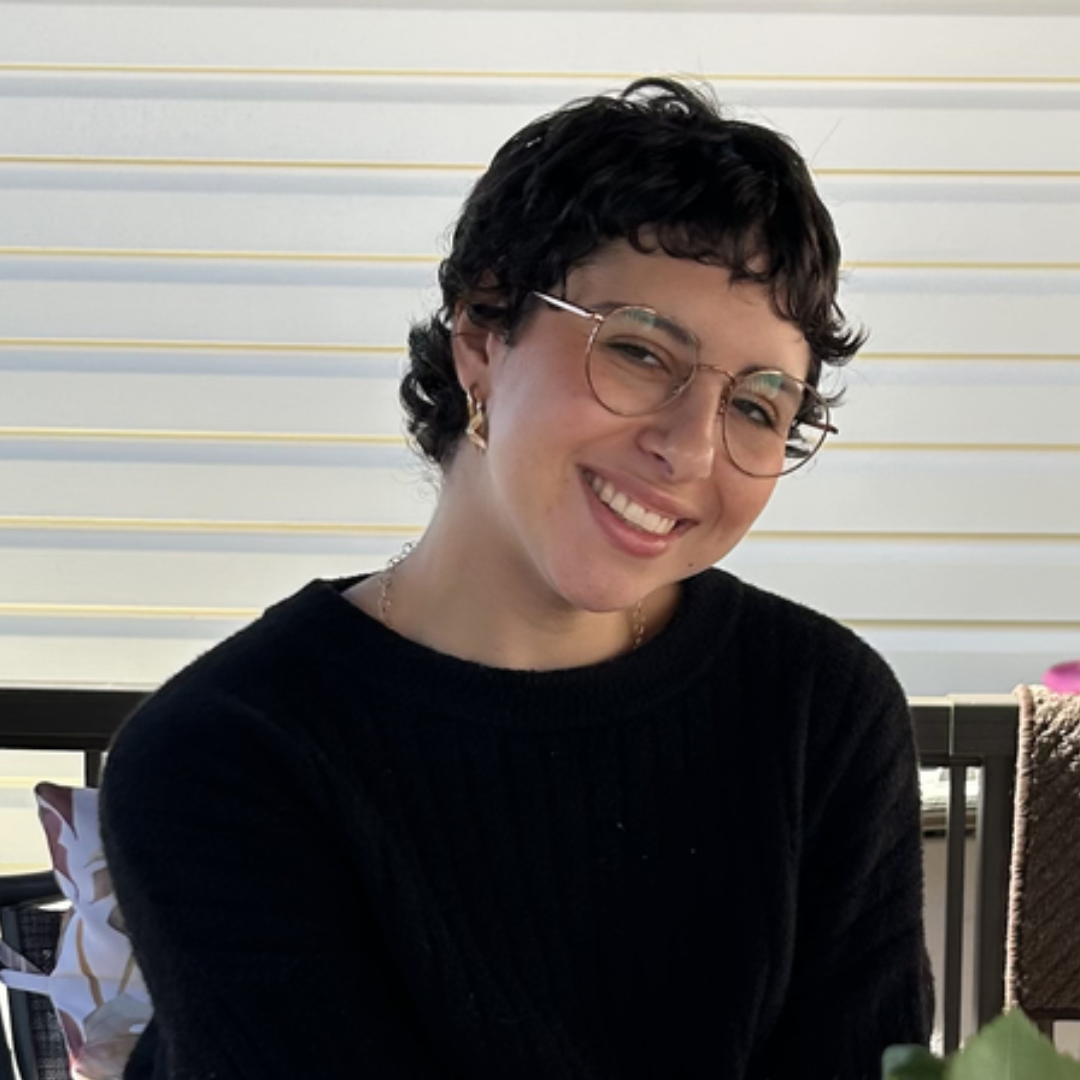Feminist Resource Centre has a storied history supporting feminism on campus
The University of Ottawa Student Union (UOSU)’s Feminist Resource Centre (FRC) celebrates 50 years of operation this November. The FRC opened under the name “Women’s Resource Co-Operation” in November 1974 by student Suzanne Robinson as a dedicated space for feminism on campus.
Throughout its fifty years of service, the FRC has run thousands of community events, supported countless students through any challenges university may bring them, and has opened its doors as a home for all feminists on campus to return to.
UOSU president Delphine Robitaille agrees with this sentiment, stating: “At a time when reproductive rights, trans rights and more are under attack in Canada and around the world, it’s crucial to foster unapologetically progressive and feminist spaces. It’s especially important on university campuses, where current and future leaders come together to learn and forge essential connections.”
“I am humbled and impressed by the work the FRC, its staff, and its volunteers have done both in the past 50 years and today. The resources, volunteer opportunities, events, and community it provides for women and gender-diverse students are unique on campus, and it’s an honour to be able to support them.”
In the 1980s and 1990s, the FRC published monthly newsletters informing readers of feminist opportunities on campus. In the feminist tradition of zines, which was the popular predecessor of the internet age, the FRC collaborated with the U of O Women’s Studies department (now known as the Institute for Feminist and Gender Studies) to publish a newsletter where campus feminists could share their successes and gripes within feminist organizing.
Susan O’Donnell, a contributor to the 1985 edition of the feminist newsletter, wrote about the value of free menstrual products on campus; this particular sentiment is one of many shared by the FRC as they currently support the free menstrual product initiative on campus.
“This morning I had an experience we can all relate to: a tickle between my legs followed by a sinking feeling in my heart. My period had started, and I didn’t have a tampon.
Next came a mad rush around campus washrooms looking for a tampon machine that worked – no luck. A dash to the Women’s Centre – closed for lunch. By chance, I had money and was able to buy a box of tampons at the PIVIK – $1.69 (plus tax!!!)
I found the whole experience frustrating and somewhat ridiculous. Why are there no tampons available in campus washrooms? There are certainly plenty of students who menstruate…” — Susan O’Donnell
O’Donnell’s argument rang true at the U of O until the start of the Period Project in 2021. The FRC, the Pride Centre, and UOSU collaborated with the U of O administration to provide environmentally-friendly menstrual products in women’s washrooms on campus.
The FRC is also a space where students interested in feminism on campus can take their learning to a community level. Myriame Shillington is a fourth-year student in feminist and gender studies and political science, and a volunteer at the FRC.
“The FRC offers a welcoming and safe space for all students and has a commitment to offering resources and information on menstrual health, reproductive health, sexual health, sexual violence, and more,” she says. “It’s an amazing asset to the feminist [and gender studies] department as it connects feminist praxis to the student community.”
While the FRC maintains a robust slate of events throughout the academic year in the present, such as a student committee against sexual violence and monthly book clubs, the FRC of the 1990s hosted a series of major events each year. The popularity of feminism was on the rise thanks to the Grrrl Power movements of the early 1990s, which was definitely reflected on campus.
Each year on Dec. 6, the anniversary of the 1989 Polytechnique Massacre, the FRC would attend the City of Ottawa’s vigil and host awareness events on campus. In mid-November, ‘Consent is Sexy’ week would include workshops, a movie screening, and a brunch hosted for all students in the FRC office.
Suzanne Gruz, the current coordinator of the FRC, upon reflecting on the evolution of the FRC stated. “A quote that I believe resonates with the FRC but also with the entire student union, is ‘by students, for students.’ This principle guides every aspect of our service, from volunteers to staff members. It shapes all of the FRC’s programming and services, whether it’s outreach, office hours, product distribution, or resource referrals.
Working in an UOSU service is unique because you’re not only responsible for delivering these services, but also part of the community that benefits from them. This dual role of provider and end-user is truly distinctive and impactful and something I think is really rare to experience.”
The FRC was known as the Women’s Resource Centre until last year, when the name was changed to broaden the scope of the centre to all feminists, rather than just women on campus. However, despite the name change, the mission and values of the centre have always remained consistent.
Feminist values such as intersectionality, alliances against gender-based violence, and pro-choice in regard to abortions can be found on documents dating back to the 1970s, proving that the FRC maintains the integrity of its founders 50 years later.
- Editor’s Note: This article was edited at 2:58 p.m. on Nov. 11 as follows: “Suzanne Gruz, the current coordinator of the FRC, is leading the efforts to explore the archives of the FRC and create a timeline of the centre’s events.” was removed due to being incorrect. The Fulcrum apologizes for the error.










